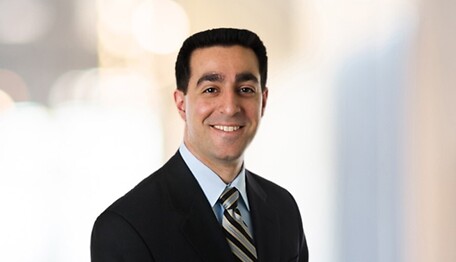White and Williams Secures Reversal of Critical Ruling Involving Confidential and Proprietary Business Information
On June 23, 2016, White and Williams secured the reversal of a critical ruling in high stakes New Jersey litigation through a published decision from the Superior Court of New Jersey, Appellate Division. A link to the decision can be found here.
In the matters of Capital Health v. Horizon and St. Peter’s v. Horizon, White and Williams, representing Horizon Healthcare Services, Inc., successfully obtained from the Appellate Division, a reversal of two lower court decisions that ordered Horizon to produce confidential and proprietary business information.
The matters filed by several New Jersey hospitals against Horizon involved the hospitals’ dissatisfaction with Horizon’s innovative tiered healthcare plan that designated in-network hospitals as either Tier 1 or Tier 2 hospitals, providing Horizon members with the choice to access healthcare at a cost savings. The hospitals that filed suit against Horizon involved some of the hospitals that were designated as Tier 2 hospitals.
In discovery, the hospitals sought a consultant’s report which was used by Horizon to determine the criteria and scoring for hospital tiers as well as agreements and communications between Horizon and competitor hospitals. Two different trial court judges, one in Middlesex County and one in Bergen County ordered Horizon to produce the documents. White and Williams appealed both orders on an emergent and interlocutory basis. The Appellate Division granted White and Williams interlocutory appeal application and reversed the trial court judge’s orders.
White and Williams successfully demonstrated through its’ briefs and at oral argument that although the hospitals made numerous allegations against Horizon, ultimately the dispute centered around an agreement that each individual hospital had with Horizon and that there was little relevancy in the far-ranging document requests by the hospitals. The court agreed with White and Williams’ argument that the hospitals’ asserted need for discovery of certain documents was outweighed by Horizon’s greater interest in preserving the confidentiality of its proprietary business information. Based on that, the Appellate Division found it difficult to understand why the hospitals needed such intrusive discovery from Horizon and reversed the lower courts’ decisions.
The importance of this decision reaches beyond this matter as it requires courts to balance the discovery request against the actual need for discovery based upon the merits of the case. This decision strikes a blow to the “kitchen sink” approach to discovery that often pervades litigation today.
Michael Kassak, Robert Wright, Andrew Hamelsky, Edward Koch, Rafael Vergara and Victor Zarrilli led the charge and were supported by Joshua Gajer, Mark Paladino, Michael Jervis, Jenifer Scarcella, Angella Middleton, Zaara Bajwa Nazir, and Ingrid He.
PRACTICE AREAS
Practice Areas
KEY ATTORNEYS
-
Partner
-
Partner
-
Partner
-
Partner
-
Partner
-
Partner
-
Partner







